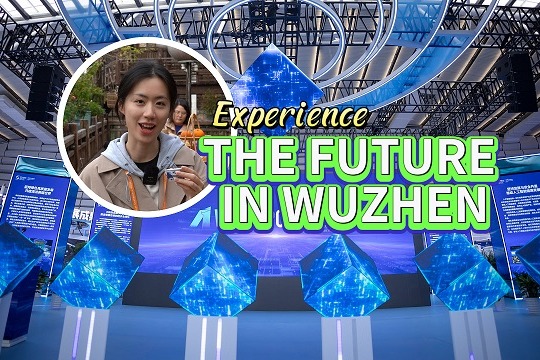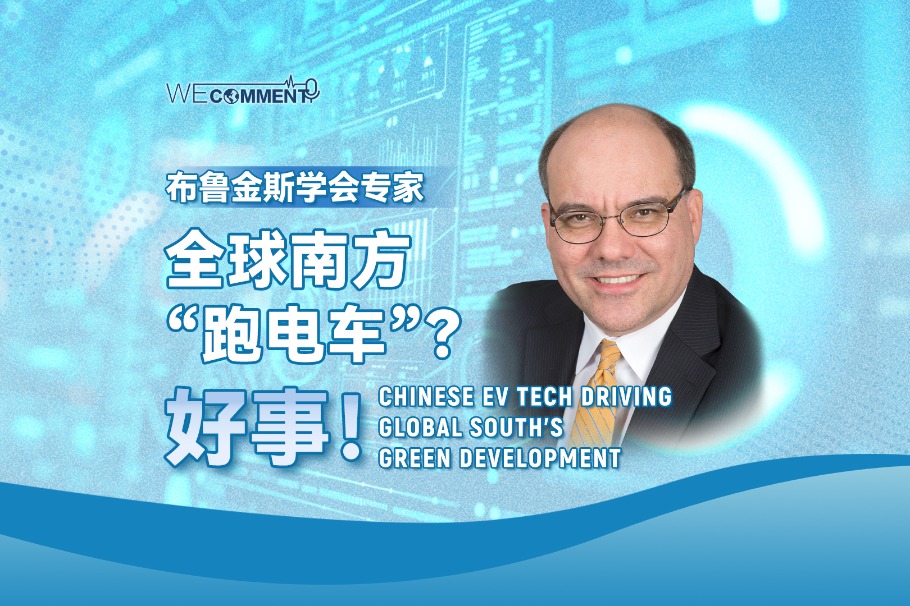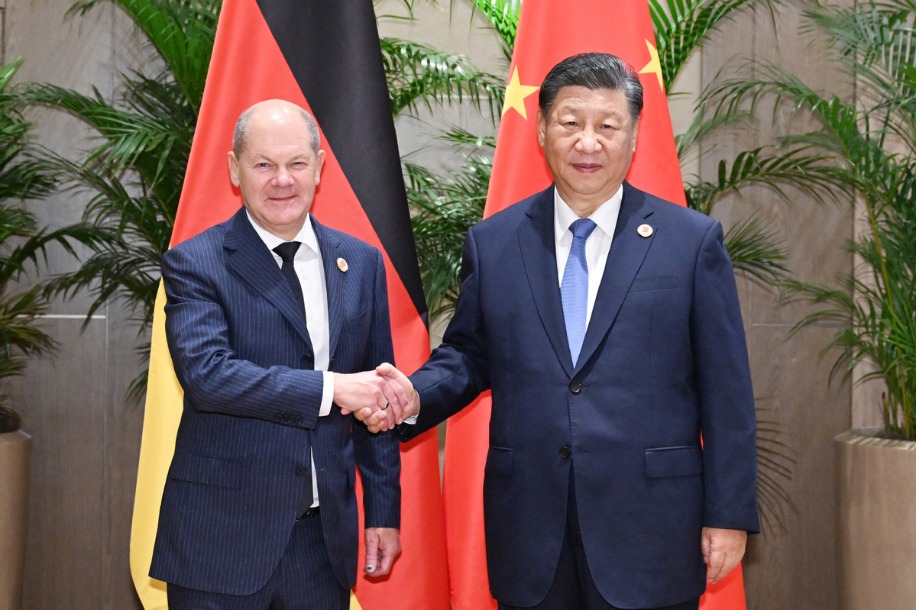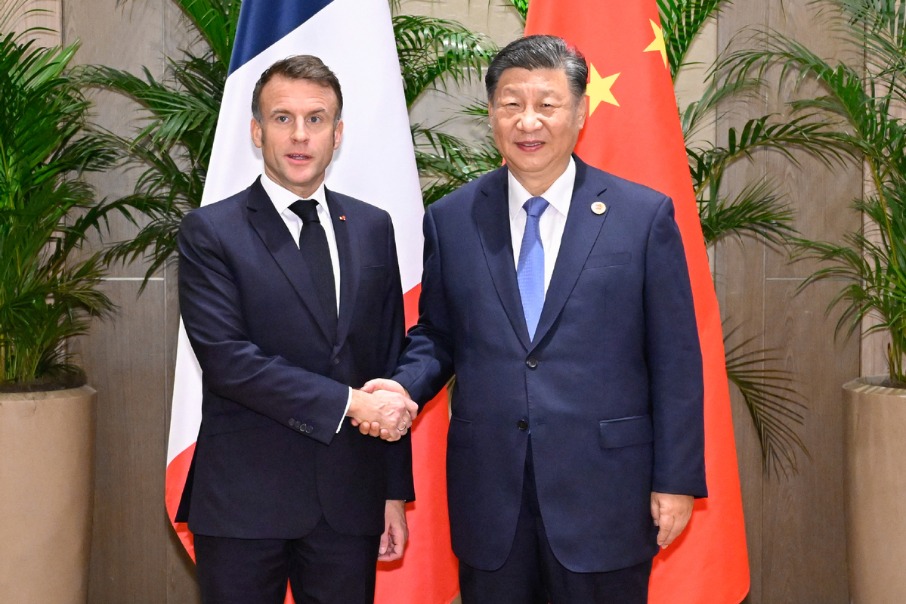Xi offers eight actions to support global development
President shares nation's key experience in poverty alleviation with other world leaders at G20 Summit

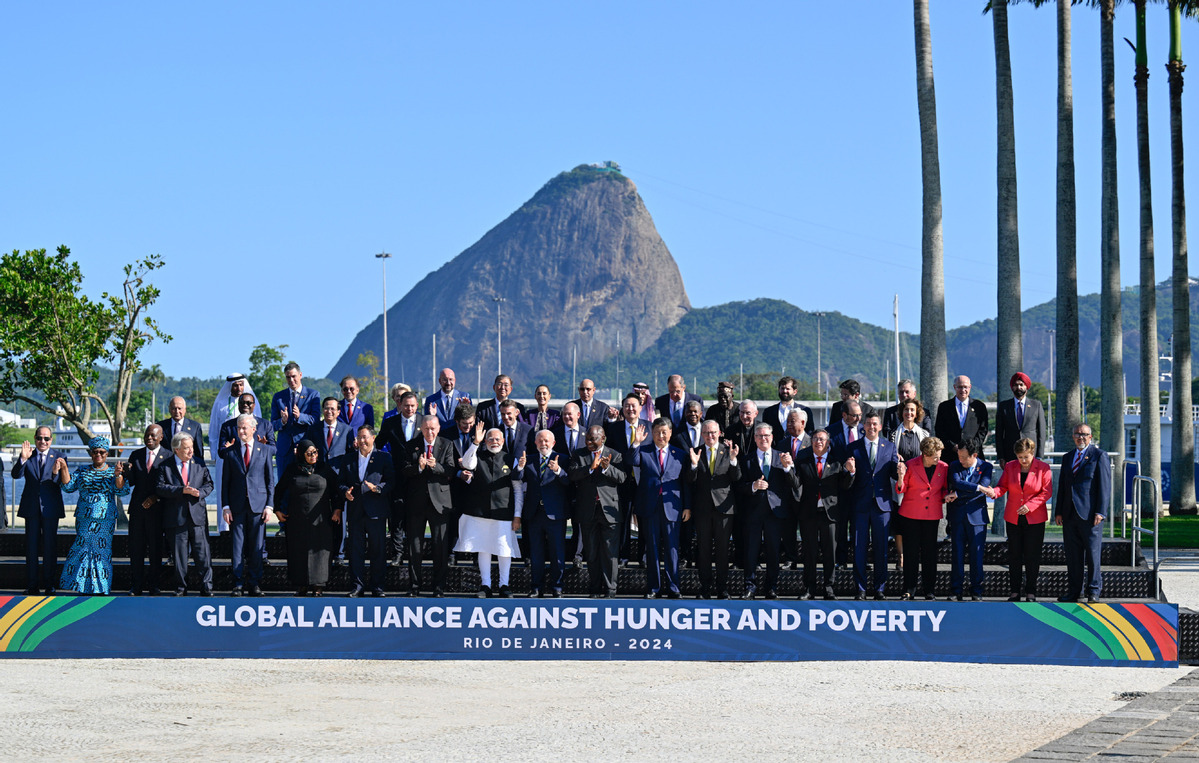
President Xi Jinping unveiled China's eight major actions to shore up global development at the first session of the G20 Summit on Monday morning, calling for more "bridge for cooperation" and less "small yard, high fences" to support the modernization of developing nations.
Speaking to a roomful of world leaders at the Museum of Modern Art in Rio de Janeiro, the president stressed the need to channel more resources to fields such as trade, investment and development cooperation, as well as to strengthen development institutions, in order to build a just world of common development.
The session, chaired by Brazilian President Luiz Inacio Lula da Silva, also marked the launch of the Global Alliance Against Hunger and Poverty, which Lula said has been endorsed already by 81 countries, 25 international organizations and nine financial institutions.
"China will always be a member of the Global South, a reliable long-term partner of fellow developing countries, and a doer and go-getter working for the cause of global development," Xi told the session on the first day of the two-day summit.
As part of the eight actions outlined by the Chinese president, China will pursue high-quality Belt and Road cooperation and implement the Global Development Initiative, with the advancement of the multidimensional Belt and Road connectivity network and proper development of its Global South research center.
Beijing has so far added 700 billion yuan ($96.73 billion) into financing windows and injected another 80 billion yuan into the Silk Road Fund to support Belt and Road cooperation, with more than 1,100 development projects put in operations to support the GDI, Xi said.
He also reaffirmed the nation's pledge to help with the development of Africa, including a funding commitment of 360 billion yuan for partnership actions with the continent on the modernization drive.
China, alongside Brazil, South Africa and the African Union, is proposing an Initiative on International Cooperation in Open Science to help the Global South gain better access to global advances in science, technology and innovation, according to the president.
He also extended support to the G20 in carrying out pragmatic cooperation for the benefit of the Global South and the implementation of the G20 Anti-Corruption Action Plan.
He added that the nation will continue with its high-standard opening-up, and unilaterally open its doors wider to the least developed countries, noting that China's imports from other developing countries are likely to top $8 trillion from now to 2030.
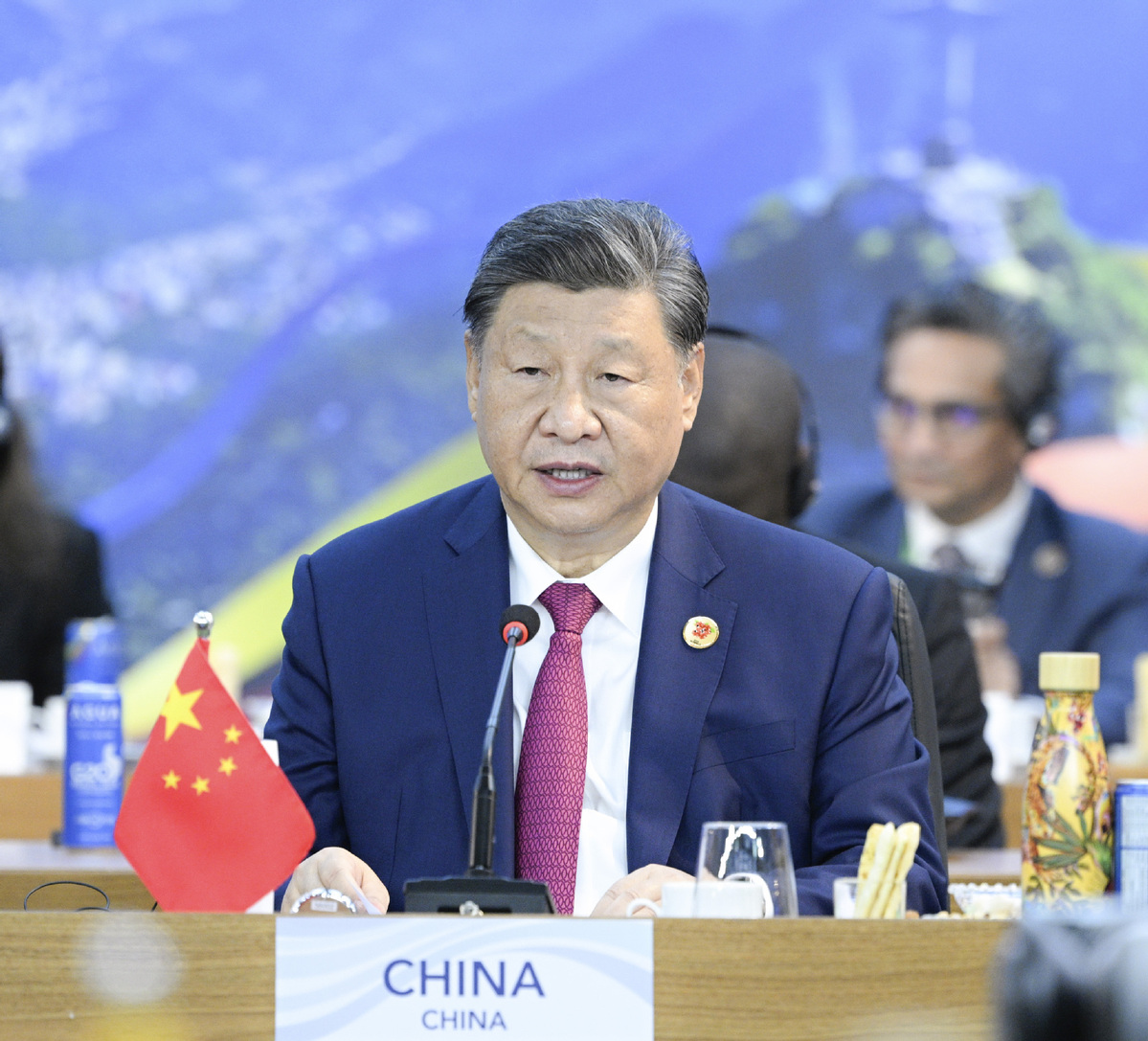
Xi rallied greater support to developing countries in building a just world of common development, including heightened efforts in facilitating their green development and establishing an open, inclusive and nondiscriminatory environment for international economic cooperation.
"We should promote a universally beneficial and inclusive economic globalization, energize sustainable development with new technologies, new industries and new business forms, and support developing countries in better integrating in digital, smart and green development to bridge the North-South gap," he stressed.
The Chinese president made a strong case for upholding multilateralism, highlighting the need to remain committed to the United Nations-centered international system, the international order underpinned by international law, and the basic norms of international relations based on the purposes and principles of the UN Charter.
Xi also announced Beijing's decision to join the Global Alliance Against Hunger and Poverty, saying that the nation will remain a committed host of the International Conference on Food Loss and Waste.
The Chinese president shared with other leaders China's key experience in lifting 800 million people out of poverty and meeting the targets for poverty reduction in the UN 2030 Agenda for Sustainable Development ahead of schedule.
"This achievement did not just fall into our laps. It is the fruit of the strenuous, unified efforts of the Chinese government and people," he explained.
Everything China does, it always places the people front and center, and it solemnly declares that "not a single poor region or person should be left behind", he said.
"China's story is proof that developing countries can eliminate poverty, and that a weaker bird can start early and fly high," Xi told other leaders. "If China can make it, other developing countries can make it, too. This is what China's battle against poverty says to the world."
President Lula highlighted the shared responsibility of the G20 economies, which account for around 85 percent of the world's GDP, 75 percent of the global trade, and two-thirds of the world population, in putting an end to malnourishment across the globe.
"We coexist with a contingent of 733 million people still undernourished, as if the populations of Brazil, Mexico, Germany, the United Kingdom, South Africa and Canada were all suffering from hunger combined," he said at the opening of the session.
"Those who have always been invisible will be at the center of the international agenda," he said.
South African President Cyril Ramaphosa, whose country is set to assume the G20 presidency in December, also urged redoubled efforts to eliminate hunger and poverty.
He cited figures showing that of the nearly 700 million people currently living in extreme poverty, 67 percent are in sub-Saharan Africa.
"It is only through an integrated and comprehensive system of social support that we will be able to assist the most vulnerable in society," he said.













